Mythology
-
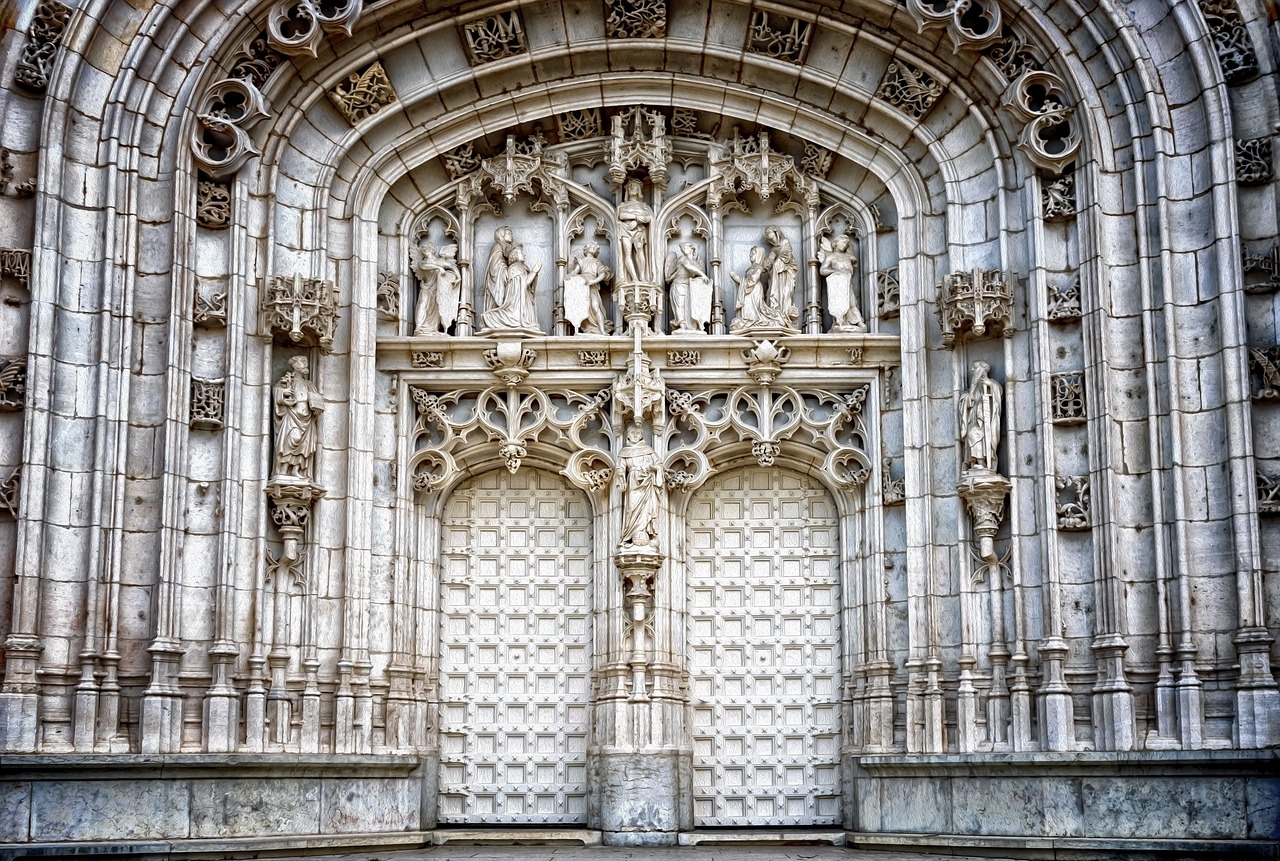
Bres, a pivotal deity in Celtic mythology, occupies a significant place within ancient narratives. The son of a Fomoire king and a goddess, he was endowed with remarkable beauty but struggled to fulfill the expectations of a benevolent leader. After facing defeat from his adversaries, Bres sought vengeance against those who usurped his position. This…
-
At the core of the lush landscapes of Ireland lies the formidable Goddess known as the Morrígan. This ancient deity embodies feminine power, wisdom, and resilience, shrouded in the complexities of life and death. As a haunting presence on battlefields, the Morrígan not only casts a shadow of dread but also shines a guiding light…
-
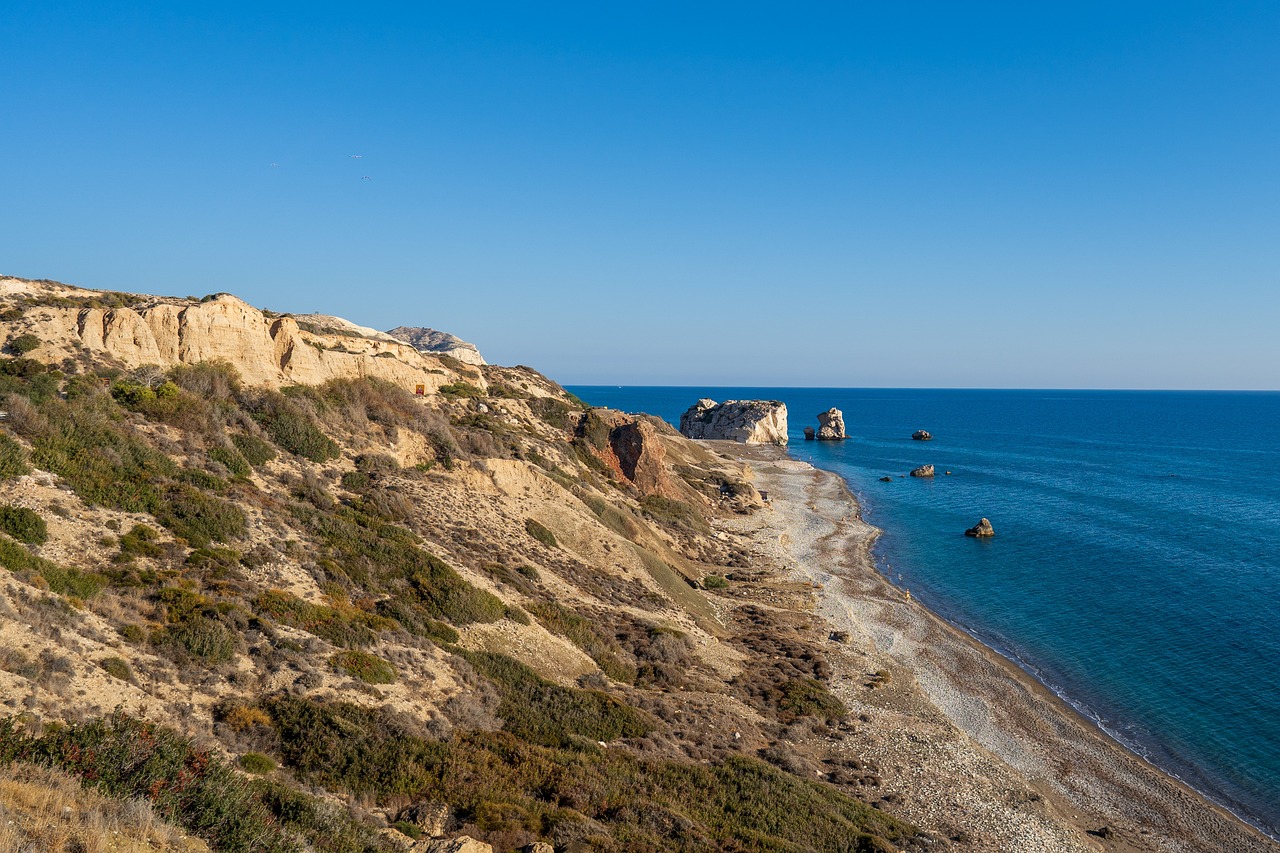
Aphrodite, the revered goddess of love and beauty, is indeed one of the most recognized figures from Greco-Roman mythology. Her significance in ancient Greek culture was monumental, and she continues to be a symbol of love and beauty in contemporary times. Even though she no longer serves as a focal point in global education, her…
-
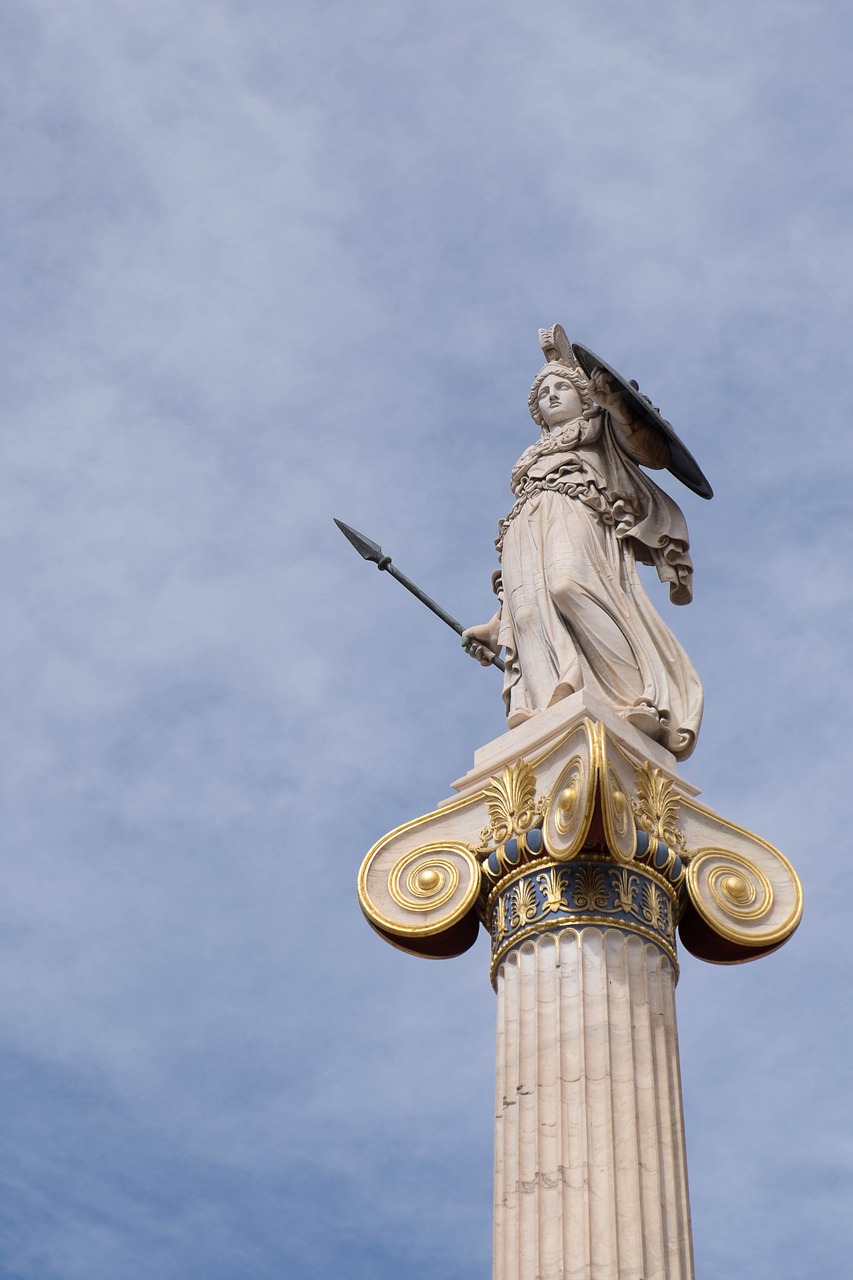
Demeter is a significant figure in Greek mythology, recognized as the goddess of agriculture and daughter of the titans Cronus and Rhea, while also being the sister and consort of Zeus, the sovereign of the gods. Her very name alludes to her maternal role. Though Homer makes infrequent references to her, and she is not…
-

Apollo, a prominent figure in Greco-Roman mythology, stands out as one of the most admired and significant deities within ancient Greek and Roman culture. His exact origins remain somewhat ambiguous; however, from Homer’s era onward, he assumed various roles. Apollo emerged as the god associated with divine distance, capable of sending warnings or threats from…
-
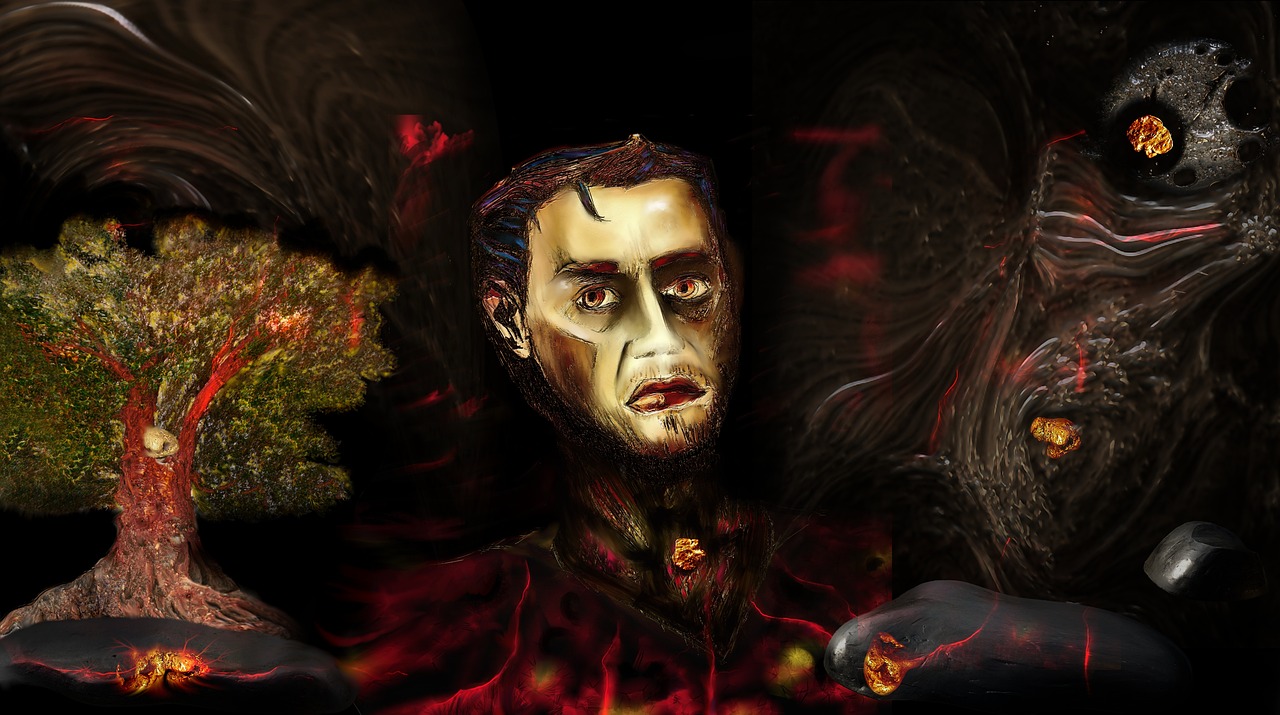
The term “Odyssey” has evolved to signify an extensive journey, influenced by Homer’s epic poem The Odyssey, composed in the 8th century BC. This tale serves as a continuation of Homer’s earlier work, The Iliad, which chronicles the final stages of the Trojan War. In The Odyssey, we follow the adventures of Odysseus, whose attempts…
-
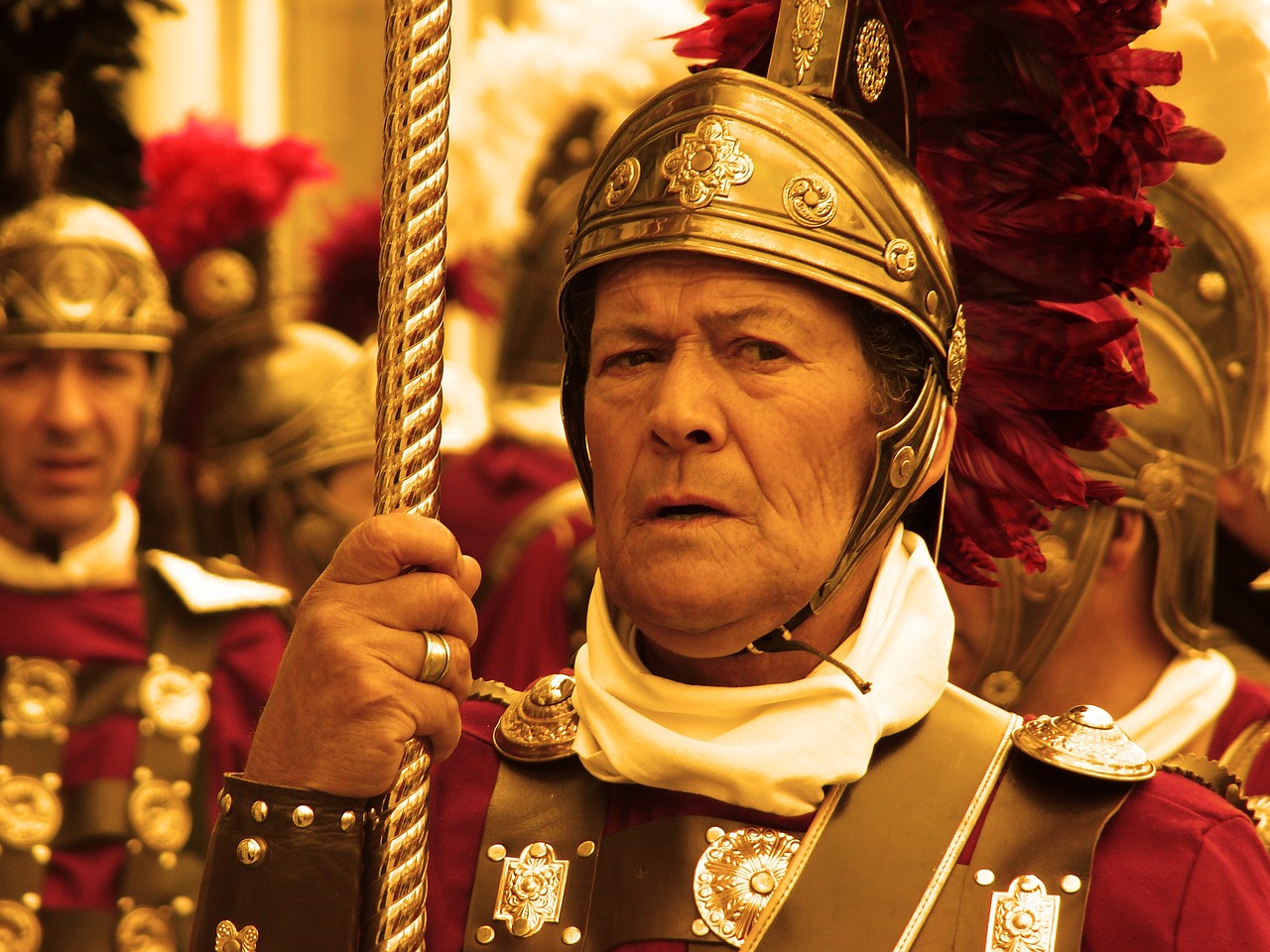
Bellona, the Roman deity of conflict, holds a significant position in ancient mythology, often linked with Mars, the god of war. Frequently depicted as his companion, she is recognized in various roles including that of his spouse, daughter, sister, or charioteer. Her roots likely lie with the Sabines, an ancient tribe from the northeastern region…
-
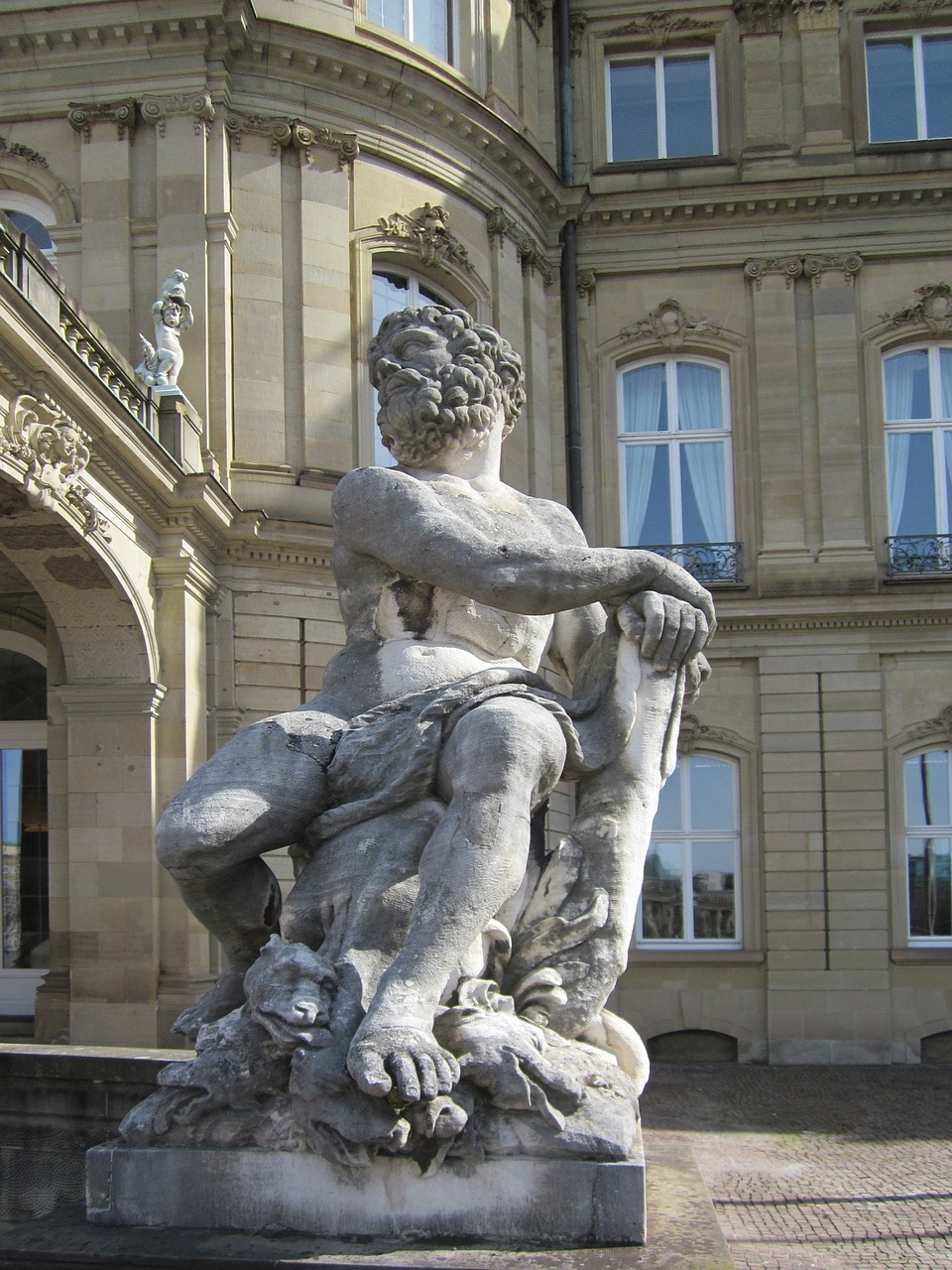
Heracles, one of the legendary figures of Greco-Roman mythology, is renowned for his remarkable feats and strength. He is traditionally identified as the offspring of Zeus and Alcmene, the granddaughter of Perseus. Zeus had vowed that the first male born from the lineage of Perseus would ascend to the throne of Greece. However, due to…
-
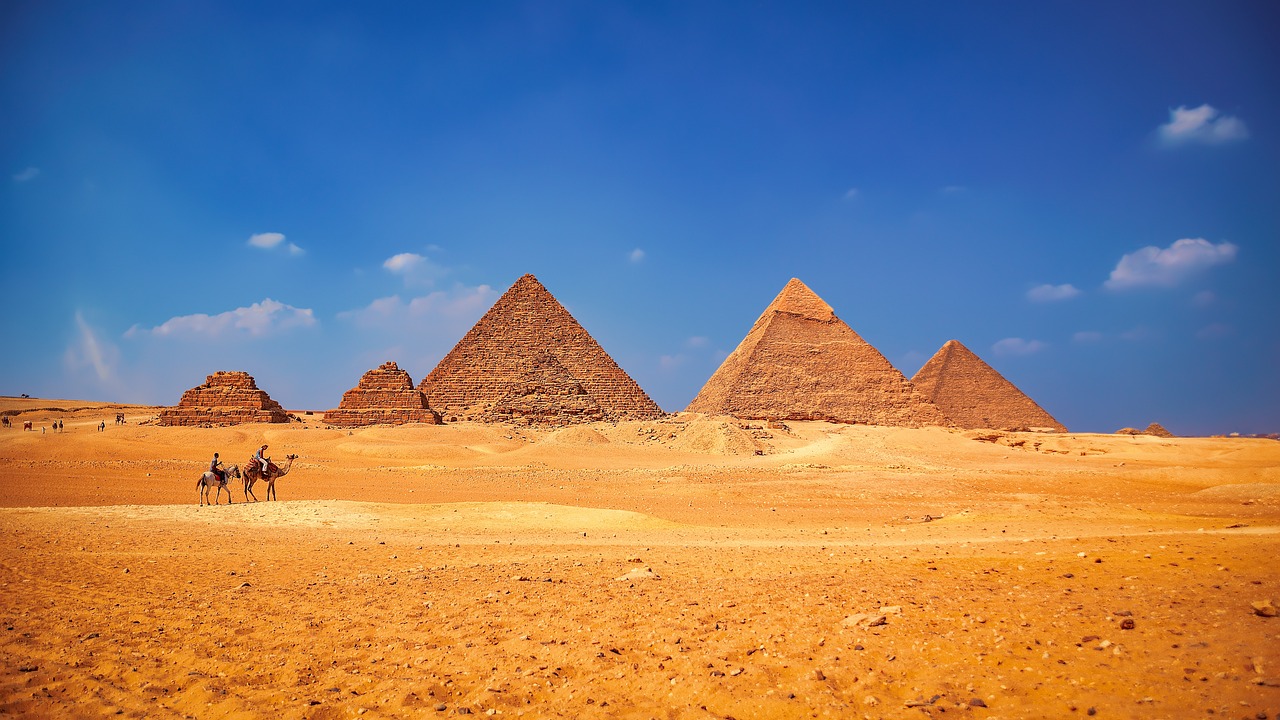
Horus, a prominent deity in ancient Egyptian belief, is depicted as a falcon, with his right eye symbolizing the sun or morning star—indicative of strength and essence—and his left eye representing the moon or evening star, signifying healing. The veneration of Horus can be traced back to the late predynastic era and was prevalent throughout…
-
Clíodhna, the legendary Queen of the Banshees, is closely linked to southern Ireland, particularly to County Cork. Revered as a Goddess of love and beauty, she is often depicted with three enchanting birds whose melodious songs were said to heal all ailments. Hearing their music would lull the listener into a profound slumber, awakening renewed…


